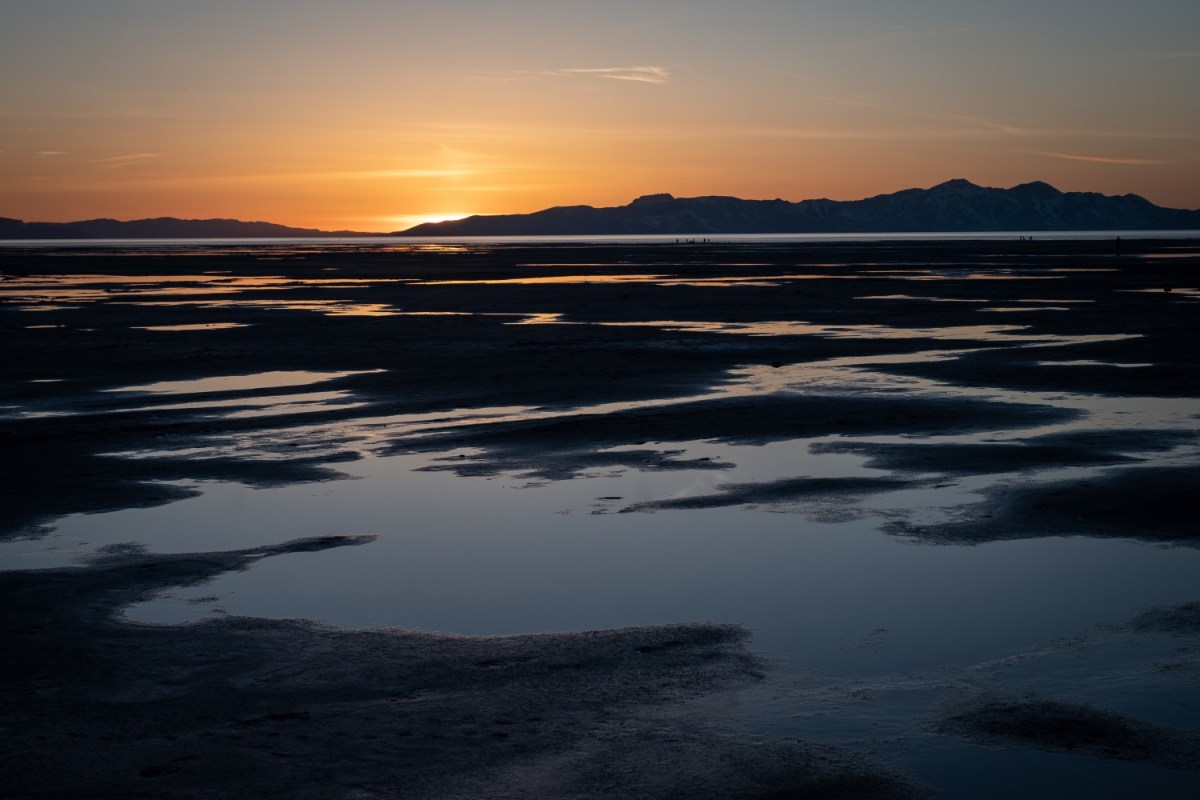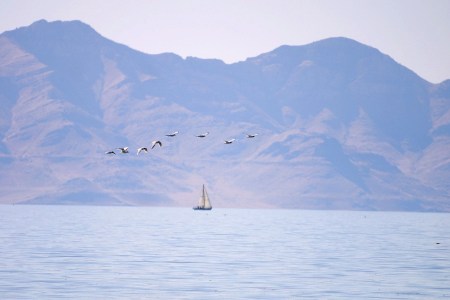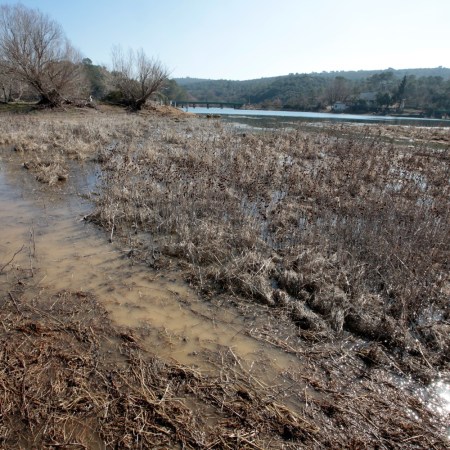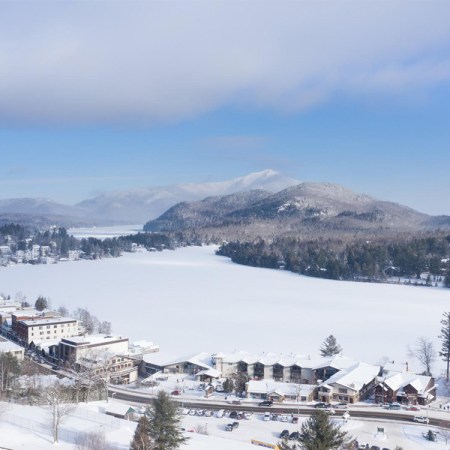It’s a challenging time for some of the nation’s best-known natural features, and the Great Salt Lake is no exception. A 2022 New York Times report cited drought conditions, caused by climate change, as one of the causes of the lake shrinking by nearly two thirds. As that report pointed out, the lake drying up wouldn’t just mean the end of a storied body of water — it could contribute to air pollution, which would affect people living in the area. For reference, the Salt Lake City metropolitan area has over 1.2 million residents.
Is there anything that can be done to reverse that situation? That’s the subject of a new NPR report by Kirk Siegler. NPR cites Bonnie Baxter, director of the Great Salt Lake Institute, who says that there’s still time remaining to preserve the lake and halt its decline. Snowfall in the western U.S. has helped to slow the lake’s decline in recent years — but as Siegler describes it, hoping for another snowy winter will only get you so far.
The article addresses one paradox — that the growing alarm over the future of the Great Salt Lake has heightened the pace of efforts to preserve it. Last year, Utah Governor Spencer Cox announced an executive order with preservation of the lake in mind. “We don’t want to miss this opportunity to safeguard the lake,” he said in a statement.
Climate Change Threatens Utah, Even With the Great Salt Lake Bouncing Back
Conditions have improved, but there’s a long way to goIn a report on conditions in and around the Great Salt Lake representing contributions from scientists affiliated with Brigham Young University, Westminster College, Utah State University and others, the authors called for an increase in water conservation efforts led by the state government.
“We are in an all-hands-on-deck emergency, and we need farmers, counties, cities, businesses, churches, universities, and other organizations to do everything in their power to reduce outdoor water use,” the report’s authors wrote. Will it be enough to preserve one of the world’s most distinctive bodies of water? If not, the ramifications could be unsettlingly severe.
This article appeared in an InsideHook newsletter. Sign up for free to get more on travel, wellness, style, drinking, and culture.



















